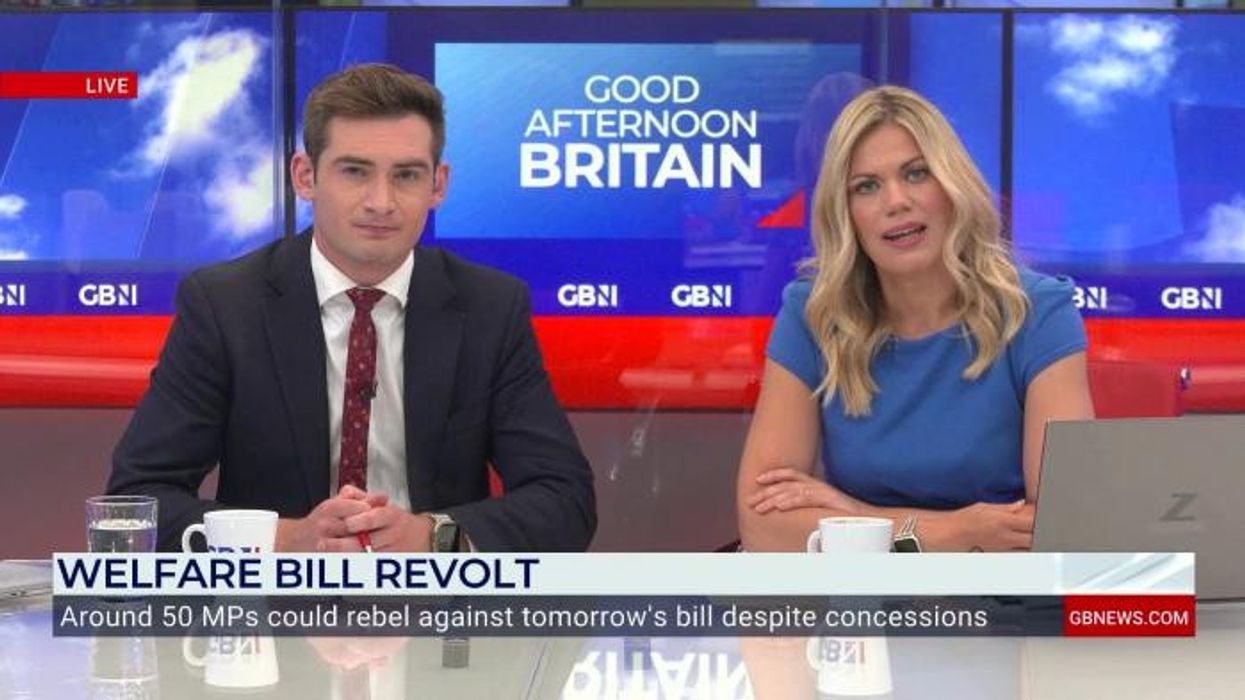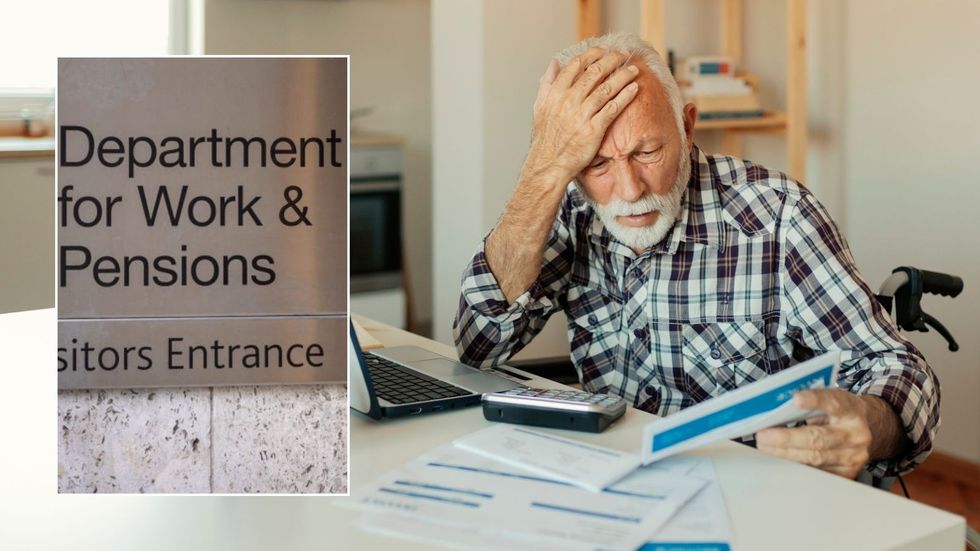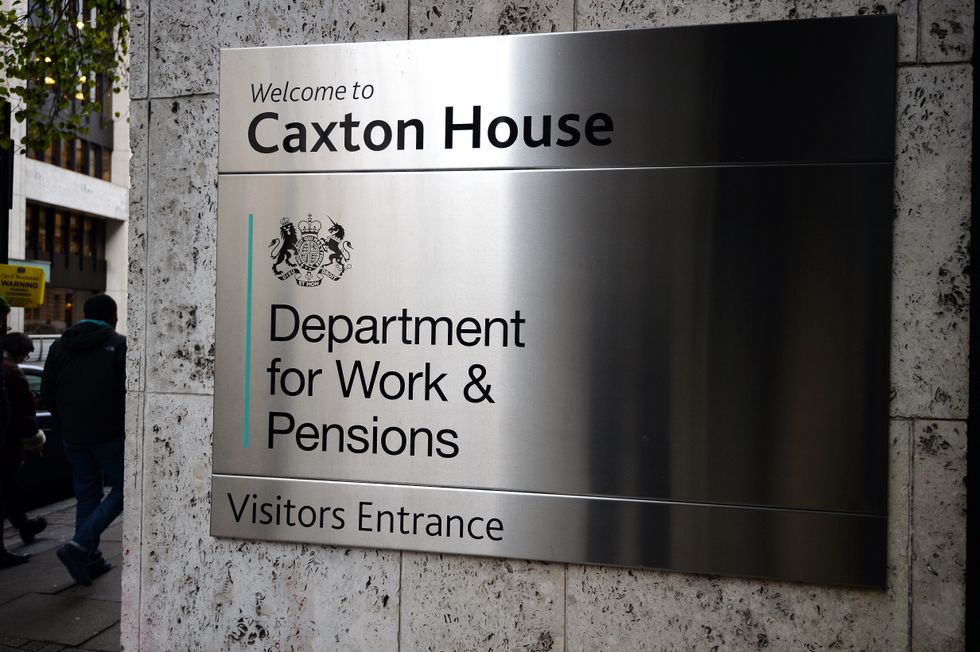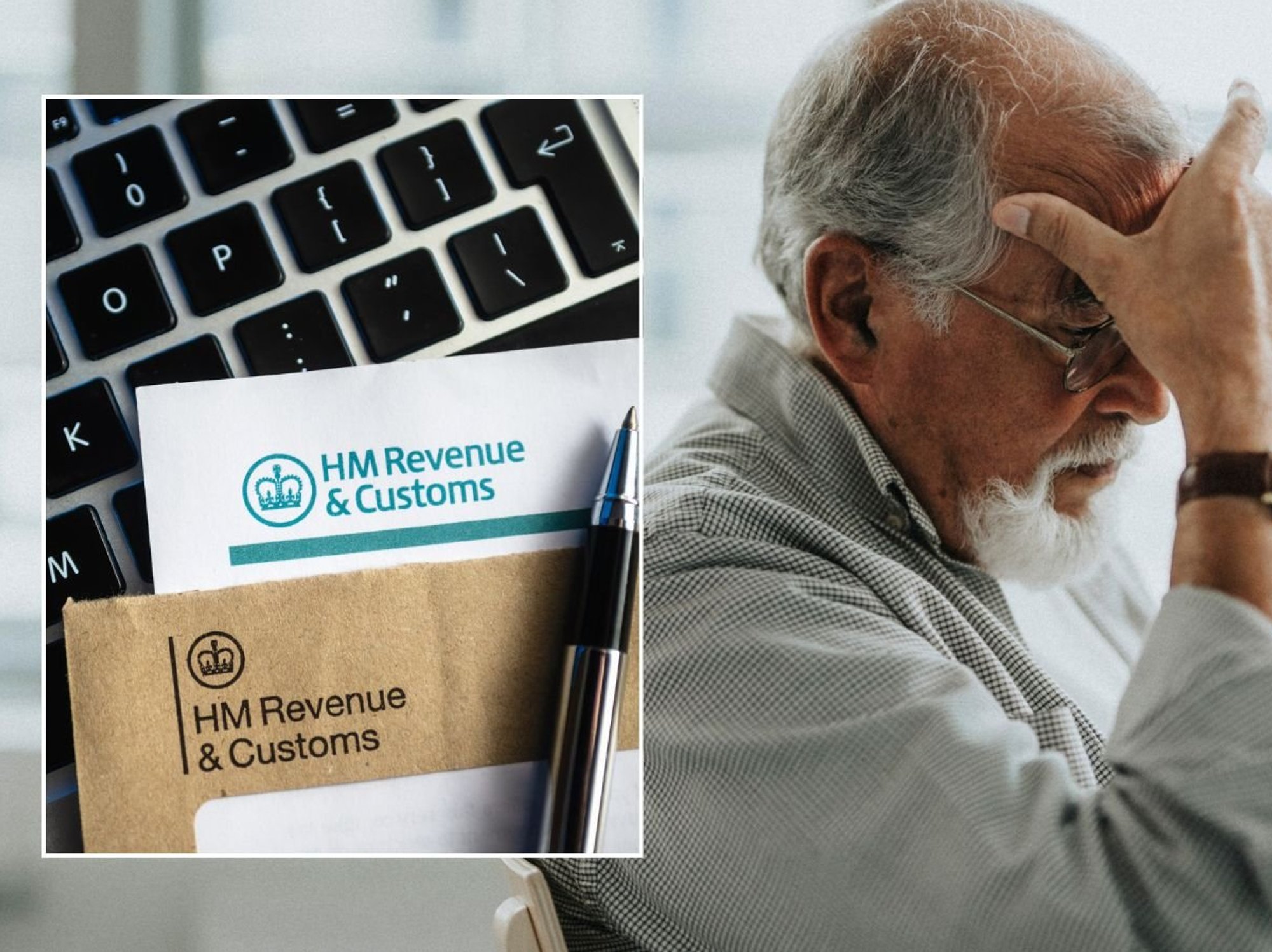Benefits bill U-turn: What the changes mean for PIP and Universal Credit claimants

Keir Starmer faces 'substantial rebellion' as 50 MPs could appose welfare bill being 'rushed through' |
GBNEWS

Existing claimants will be shielded from payment cuts as Labour scales back its controversial benefits changes
Don't Miss
Most Read
Latest
The Government has unveiled significant changes to its benefits reform plans ahead of today's crucial parliamentary vote on the Universal Credit and Personal Independence Payment Bill.
Many Britons receiving these benefits may be wondering what this means for them.
Work and Pensions Secretary Liz Kendall announced key concessions following pressure from Labour MPs and disability campaigners who warned the original proposals would cause undue hardship.
The reforms aim to overhaul what Labour describes as a "broken" system inherited from the Conservatives.
Sir Keir Starmer said: "We've talked to colleagues who have made powerful representations. As a result, we've got a package that I think will work."
The last-minute amendments include protections for existing benefit recipients and a delayed implementation timeline. However, critics argue the changes still create an unfair "two-tier" system based on when people apply for support.
Personal Independence Payment
PIP eligibility will tighten significantly from November 2026, with new claimants required to score at least four points in one daily living assessment category. This represents a major shift from current rules where points can be accumulated across multiple categories.
Kendall assured existing PIP recipients they would remain protected. She wrote: "We recognise the proposed changes have been a source of uncertainty and anxiety. Therefore, we will ensure that all of those currently receiving PIP will stay within the current system. The new eligibility requirements will be implemented from November 2026 for new claims only."
Despite these protections, approximately 430,000 future PIP seekers are predicted to be affected by the policy shift. Disability charity Scope warned this could create an unequal "two-tier" benefits framework based on when someone's disability started.
DWP figures estimate that PIP recipients will lose an average of £4,500 per year under the new rules.
 DWP to see thousands of PIP payments cut | GETTY
DWP to see thousands of PIP payments cut | GETTY Universal Credit
From April 2026, new Universal Credit (UC) claimants will receive a reduced health element of £50 per week, down from the current £97. The Government says this change is intended to fix a system that it believes creates a financial incentive for people to claim they are incapable of work.
Currently, single adults over 25 receive a basic UC payment of £400.14 a month. For those with limited capability to work due to a disability or long-term condition, this more than doubles due to an incapacity top-up worth £423.27 per month (around £97 per week).
Under the new proposals, new claimants will only receive a £50 top-up from 2026-27, which will then be frozen until 2029-30.

The standard UC allowance will increase above inflation for four years for existing claimants
| GettyAdditionally, the Government plans to delay access to this incapacity top-up until a claimant is aged 22 or over. However, existing recipients of the UC health element will be protected from these cuts.
Kendall said: "We will adjust the pathway of Universal Credit payment rates to make sure all existing recipients of the UC health element – and any new claimant meeting the Severe Conditions Criteria – have their incomes fully protected in real terms."
This means that rather than being frozen, their payments will now rise with inflation each year between 2026-27 and 2029-30.
Alongside this, the standard UC allowance will increase above inflation for four years. For single adults aged 25 or over, this is expected to result in a total uplift of £725 by 2029-30, bringing the basic payment to around £106 a week.
More than three million UC claimants currently have no requirement to look for work due to health conditions, a figure that has risen sharply in recent years and underpins the Government’s case for reform.
Based on current UC health top-ups, new claimants with serious conditions could lose up to £2,392 annually unless they qualify under Severe Conditions Criteria.
The reforms are expected to push an estimated 150,000 people into relative poverty by 2030, according to DWP modelling. This figure was reduced from 250,000 following the Government's concessions.
The DWP noted these estimates do not include any "potential positive impact" from extra funding or measures to support people with disabilities back into work.

The Department also said 3.8 million families will gain an average of £420 yearly from the UC standard allowance increase and assessment process change
| GETTYThe Department also said 3.8 million families will gain an average of £420 yearly from the UC standard allowance increase and assessment process changes.
Kendall defended the reforms in the Commons, stating: "The system we inherited from the party opposite is failing on all these fronts.
"It incentivises people to define themselves as incapable of work just to be able to afford to live. It then writes them off and denies them any help or support."
She highlighted that 2.8 million people are now out of work due to long-term sickness, with PIP recipients set to more than double to over 4 million this decade. Monthly PIP awards have risen from 13,000 in 2019 to 34,000 in 2023, with anxiety and depression awards tripling.
More From GB News










